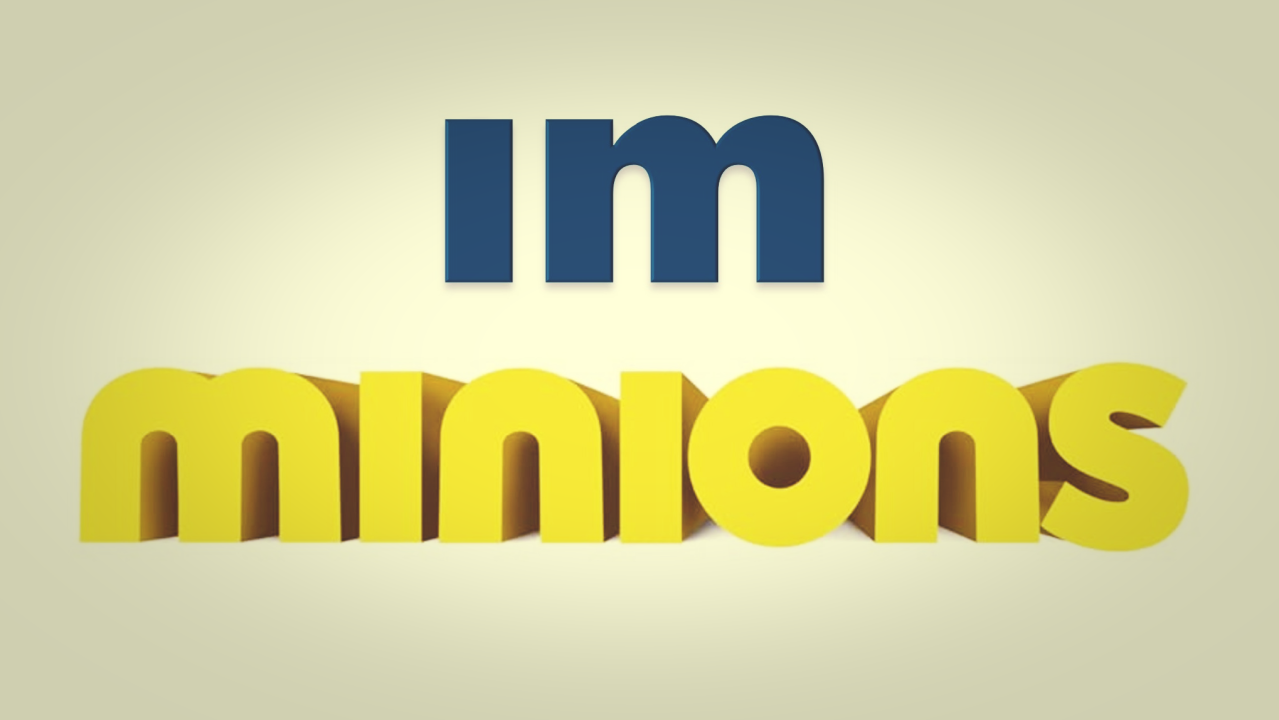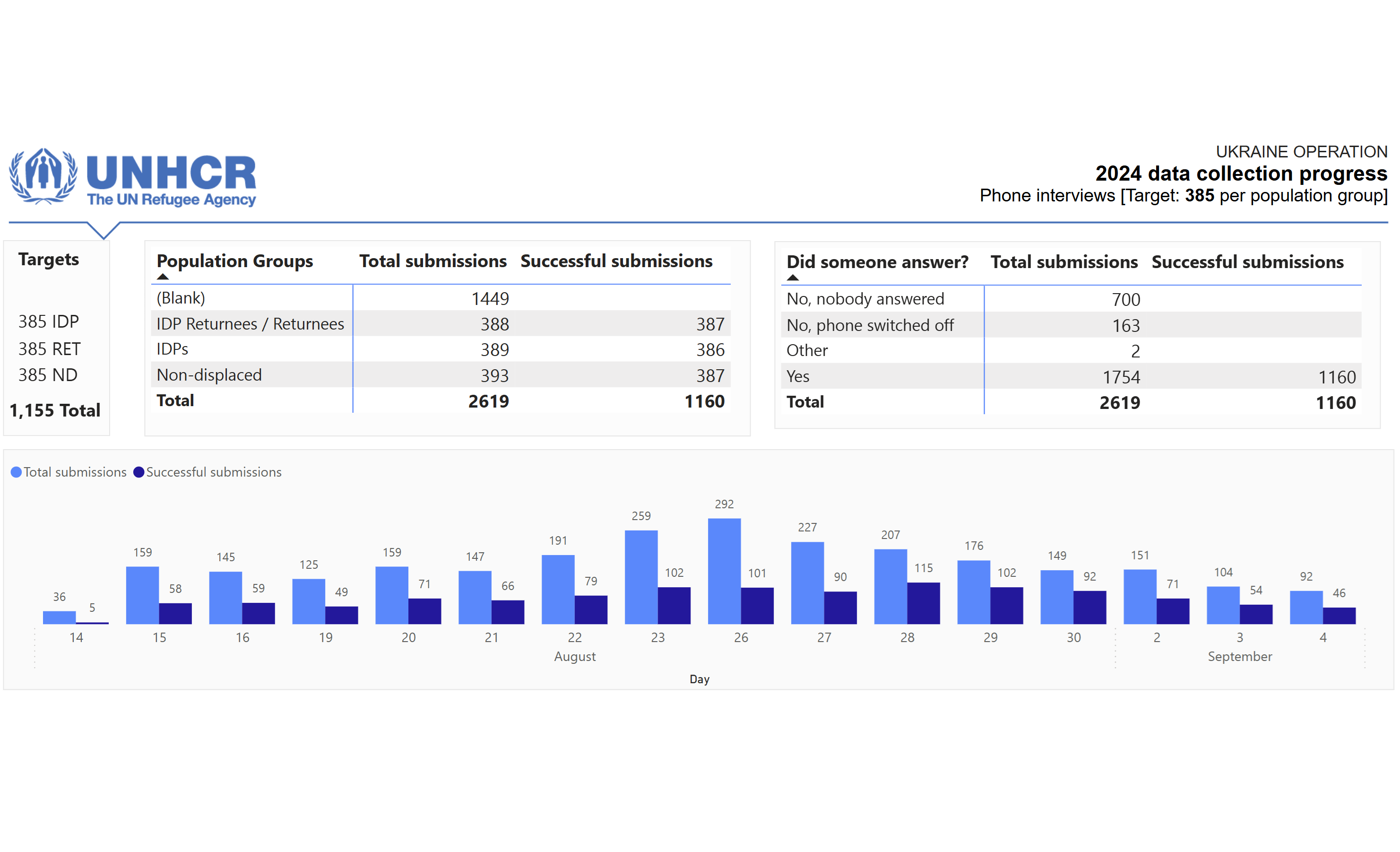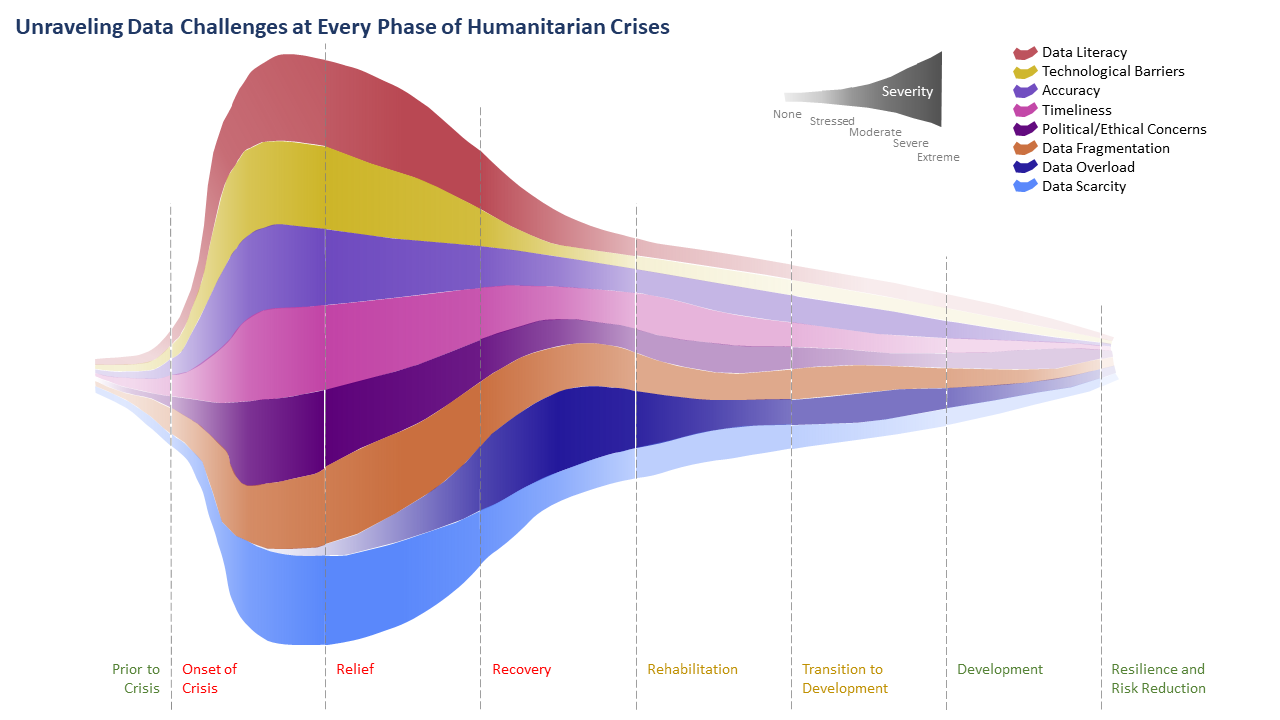What cartoons (and French history) can teach us about ethics, leadership, and responsibility in IM
There’s a moment in the Despicable Me films that always makes me pause – not for the laughs, but for what it reveals.
The Minions are, of course, designed to be funny: bright yellow, full of energy, and endlessly loyal. They follow orders. They build what they’re told to build. They execute without hesitation. They rarely understand the bigger picture, and never question the mission.
But every time I see them busily carrying out another task for a villain – cheerfully, efficiently, obediently – I think of a pattern I’ve seen in real life.
I’ve seen it in Information Management.
When Task Execution Becomes a Blindfold
Throughout my IM career, I’ve worked with many incredibly capable people – talented analysts, database administrators, records managers, knowledge specialists. People who know how to get things done.
But I’ve also seen something troubling: How easy it is to become so focused on doing the work, that we lose sight of why we’re doing it.
I remember once being asked to categorize hundreds of survey questions by line manager. The request was precise, technical, and well-documented. I could have delivered exactly what was asked – and almost did. But I asked one question before starting: “How will this categorization actually be used six months from now?”
The answer was silence. Followed by, “I’m not sure. We were told we need to classify it this way.”
That was the moment I realized: we were building something without knowing why. The structure looked neat on paper, but there was no intended behavior behind it. No user in mind. No ethical consideration of whether this would make information more usable or simply more controlled.
If I hadn’t asked, I would have delivered a technically correct but entirely disconnected product, and it would’ve failed.
In that moment, I caught myself just before becoming… a MINION.

A Word on “Minions” – Not Just Cartoons
While most people today associate Minions with the animated yellow helpers from Despicable Me, the word has a deeper and more telling history.
In the XVI century France, a “minion” referred to a court favorite – often a young man in service to the king, deeply loyal, always nearby, and usually eager to please. They were symbols of closeness to power – but not of power itself. They rarely challenged or influenced the decisions they executed.
Over time, the word took on a sharper edge: someone who carries out the wishes of others without question, often to maintain favor, often without regard to moral consequence.
That’s the historical behavior I’m speaking to – not just the fictional silliness. Because whether in royal courts or modern data systems, we still see people caught in structures where blind allegiance is valued more than insight, and loyalty more than integrity.
The Hidden Tension in IM
Information Management often looks neutral on the surface – it’s about storing, organizing, labeling, and moving data. But the truth is: there’s no such thing as neutral.
Every structure we build – every category, label, or field – reflects choices. Choices about what matters, who matters, and how the system works.
Still, in many organizations, IM professionals are expected to serve the system. Not question it. Not push back. Just deliver.
We’re taught to focus on efficiency, not meaning. To produce tidy outputs, even when the input is messy or the purpose unclear.
But when we stop asking why – when we simply follow instructions – we risk helping build systems that do more harm than good.
Just like the Minions: skilled, productive… and sometimes working on the wrong thing.
The Shift From Execution to Stewardship
Here’s the key transformation I believe we need in IM:

This shift is subtle – but profound. It’s the difference between being a technician… and being a trusted guide in an age of information uncertainty.
Leadership Without Titles
Here’s the deeper problem: many people in IM believe that leadership is “above their pay grade.” That asking the hard questions is for policy-makers or directors. Myself, I said “above my pay grade” just last week during the meeting.
But I’ve seen firsthand how small acts of leadership from within IM can shift entire conversations.
Like the time I gently pushed back on a request to “archive everything” from a sensitive project. I asked: “What are the risks of making everything accessible five years from now?” That one question led to a much-needed discussion on retention, relevance, and ethical risk. It changed the final approach completely.
Leadership in IM doesn’t always mean being the loudest voice in the room. It often means being the quiet conscience of a system. The person who asks:
“Is this the right thing to build?”
Or:
“Who are we leaving out by the way we structure this?”
Or even:
“Do we understand the impact of this metadata, classification, or automation?”
If we’re not asking these questions, we’re not managing information – we’re simply maintaining someone else’s logic, whether or not it’s ethical, equitable, or effective.
From Minions to Information Stewards
I’m not writing this to criticize the people who work in IM. I’ve been one of them. I still am.
But I do believe that we’re at a turning point – and we need to talk honestly about our role.
The world is facing information overload, misinformation, digital fragmentation, and massive trust issues in systems. In this context, information professionals are not side characters. We’re architects. Gatekeepers. Guides.
We’re not just building forms and folders. We’re shaping narratives, access, and understanding.
And that means we have a responsibility – not just to deliver – but to think critically. To pause before we process. To push back when something feels off. To serve truth, not just structure.
In short: to stop being Minions, and start being Information Stewards – people who hold not just data, but purpose, impact, and care.
A Final Thought
It’s tempting to believe that ethics is someone else’s job. That leadership happens “up there.” That questioning is a luxury we can’t afford under a deadline.
But I believe the opposite is true.
In Information Management, every person matters. Every naming convention, every system rule, every approval workflow – they all add up to how people experience and trust information.
And in that space, we always have a choice:
:.: To follow orders blindly, or to seek understanding
.:. To execute efficiently, or to reflect intentionally
::: To build for compliance, or to design for integrity
So the next time a task crosses your desk, pause for a second.
Ask yourself: Am I just building what I was told to build? Or am I shaping something that truly serves people, purpose, and progress?
That single question may be the start of leadership. Even in the most invisible corners of the data world.




